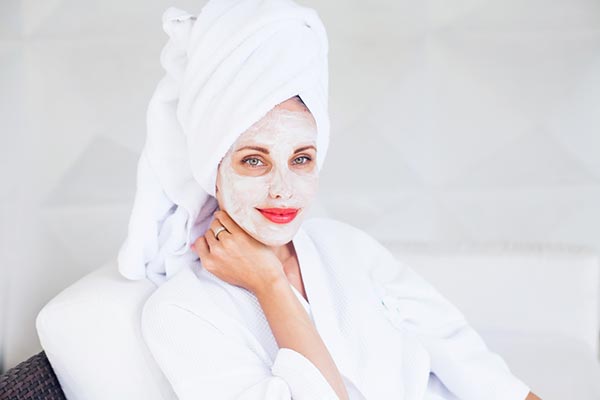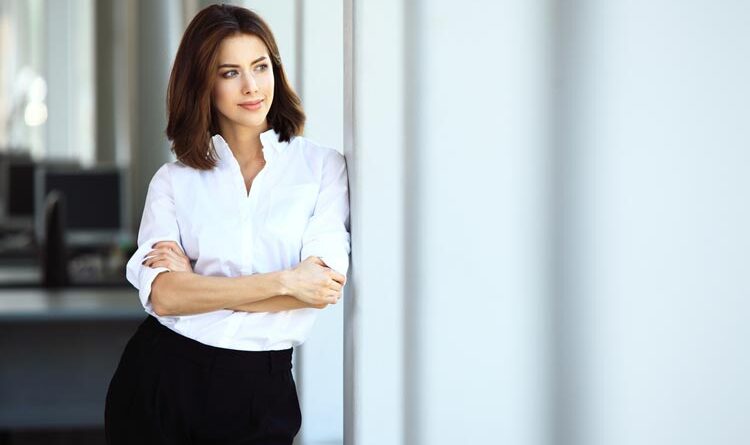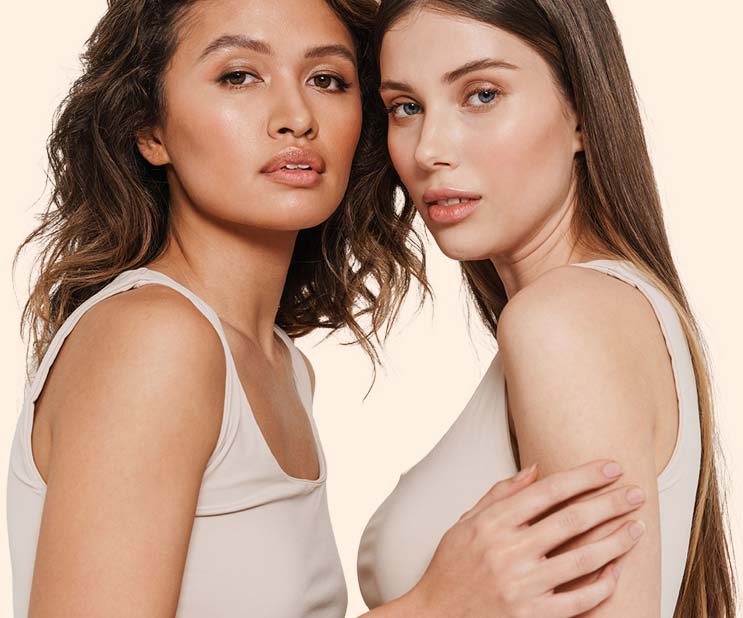Are you wondering why your friend’s recommendation doesn’t work on your acne problems? Well, not all acnes are the same. There are different types of acne that may affect every person. This only means that treatment varies from person to person.
This is the reason that effective treatment your friend had, may not be as effective to you, or worse, may cause the opposite of what you intend. Remember that we also have different types of skin! So it’s best to categorize your skin first and seek products that are appropriate for your skin type.
What can cause acne?

If we weren’t born with acne, it means that there is something that caused it. There are various factors that cause blockage in the skin pores and result in different types of acne.
Heredity
If you were born with parents who have dealt with acne vulgaris, chances are you may deal with them too. It’s not actually a disease connected to genetics. It’s a case of immune response to the factors your skin is exposed to. This is attributed to the lack of antibodies and antigens that fight of acne causing bacteria.
Hormones
Fluctuation in hormones may cause acne. Testosterone increases the production of oil in the skin, and this may cause blockage in the pores. This may be a monthly occurrence for you as your testosterone level is inversely proportional to your estrogen. Unfortunately, your estrogen falls after ovulation.
Teenagers going through puberty are most susceptible to acne vulgaris. This is not a gender exclusive condition. Both boys and girls have a predisposition to acne breakouts. Due to menstruation, girls in puberty experience a steep range of hormonal fluctuation and may cause acne.
Stress
Stress itself may result in some other form of alteration in physiologic function. This factor is just another element that triggers your hormones to go haywire. As our bodies are exposed to stress, the balance in our hormones may fluctuate and may lead to acne.
Hygiene
Taking care of your skin goes a long way. The practice of proper hygiene can prevent oil blockage and keep the number of bacteria on the skin at a minimum. But if you don’t take hygiene carefully, you may develop acne out of blocked skin pores, and this may also get infected and spread.
Related: BLACKHEAD ON NOSE? THESE 3 WAYS CAN HELP YOU GET RID OF THEM
Types of Acne

If you are asking yourself “what type of acne do I have,” let me make it clear to you. Below are the different types of acnes. Firstly, they are further categorized as inflammatory and non-inflammatory acne.
Non-Inflammatory Acne
These types of acne are not painful and present themselves as small bumps on the oily area of the skin. Though not painful, they are not still annoying and not a pleasant view.
Whiteheads
Whitehead is a type of closed comedones. The opening of the skin pore is covered by a thin layer of skin tissue that prevents oxygen from having contact with the sebum that blocked the pore. The reason why the blockage is white is because it was not exposed to air and oxidized.
The skin may look rough with patches of whiteheads. They are commonly found under the eyes, the nose, cheeks, and the jaw line. They can also be found on the shoulders and the chest area.
Blackheads
Open comedones or blackheads got their distinct name because of the color of its head. It got its name because the sebum turns black when exposed to air. They are slightly raised and you can feel a small bump when you touch them.
The same with whiteheads, they usually appear on the cheeks, nose, under the eyes and jaw line. They are rough and easy to spot as they are discolored.
Related: HOW TO GET RID OF BLACKHEADS AND WHITEHEADS OVERNIGHT
How To Treat:
Some ways to treat acne are pretty easy. Blackheads and whiteheads can be dealt with by practicing good hygiene. Over the counter, mild anti-acne treatment with salicylic acid can help you peel the skin and remove whiteheads. You can try Tru Alchemy Glow Serum acne treatment serum to get rid of your acne and prevent them from coming back.
Inflammatory Acne
This type of inflammatory acne is caused by an infection from a microorganism. These bacteria, P. Acnes, can be found in the skin. It resides on the skin as part of the normal skin flora. Unfortunately, when your immune system goes erratic, P. Acnes may cause infection.
Papules
This the is first stage of an inflammatory acne. This is a small pointy bump in the skin that doesn’t usually have pus. They are tender to touch and is usually not that painful. It may be accompanied by redness in the surrounding skin.
Pustules
If papules are not treated promptly, it may progress to this stage. A pustule is a larger diameter pimple that contains dead white blood cells, skin cells, and sebum. They are pointy and yellowish in color. These are painful and warm to touch.
Nodules
Nodules are larger pimples that are tender to touch and take roots in the deeper dermal layer. They usually appear in clusters in the late stage of acne breakout.
Cyst
An acne cyst appears differently from the other inflammatory types of acne. They don’t have heads, and they form below the skin. They present themselves as swollen bumps that are warm and painful to touch. The only way to treat them is by making an incision and extracting the mixture of pus and sebum manually.
How To Treat:
Inflammatory acne, when not given attention, can lead to acne vulgaris (acne breakout). This is much more difficult to treat than non-inflammatory acne.
Treatment may involve a combination of anti-inflammatory creams, antibiotic creams, retinoids, or even hormone therapy. The goal is to stop the spread of infection and address the overproduction of oil in the face.
Cysts will require a more delicate operation. It may involve a costly clinical procedure.
Don’t Let Acne Progress

Have you ever heard of the saying that says “prevention is better than cure”? This is an age old saying that proves itself to be true through the ages. Treating acne in its early stage would make sure that you won’t be having breakouts!
Investing in skin care today can help you save in the long run. If you will carefully and mindfully take care of your skin, you wouldn’t wouldn’t need any treatment product or treatment procedure anytime soon.
Hope you find the post helpful and we excited to hear what you think of it!






